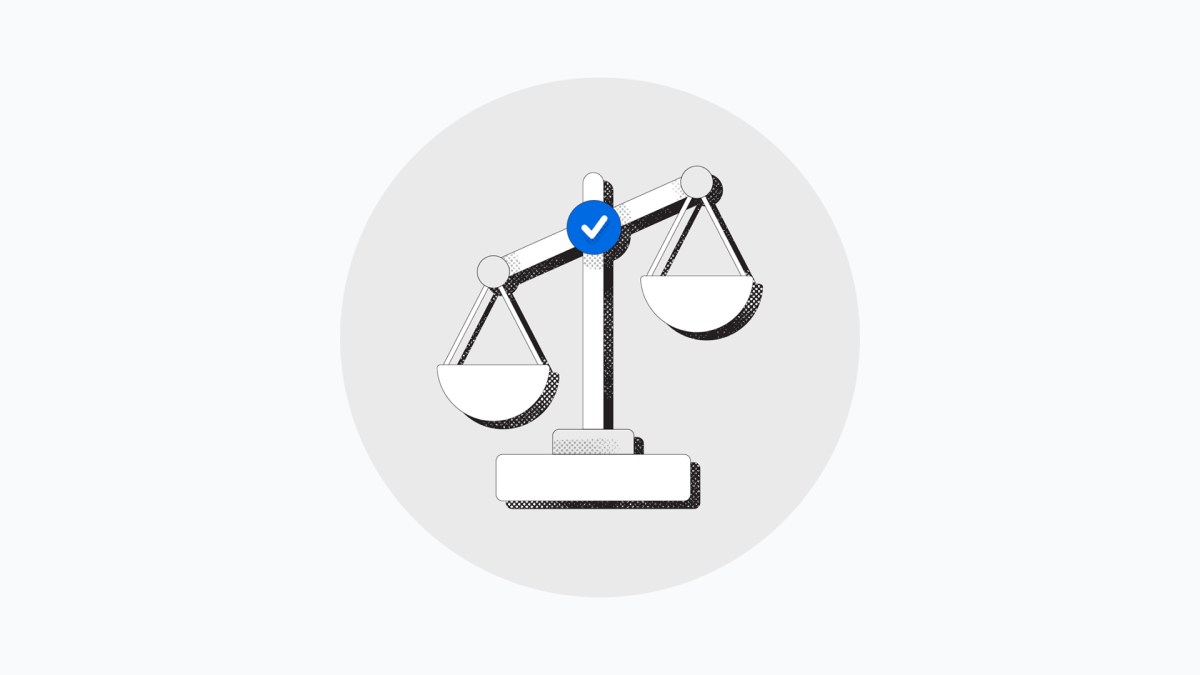On Monday, April 14, a critical legal battle will commence, centering on the Federal Trade Commission’s (FTC) antitrust lawsuit against Meta, the parent company of Facebook. The lawsuit seeks to reverse Meta’s acquisitions of Instagram and WhatsApp, acquisitions that were initially sanctioned by the FTC over a decade ago. This case has sparked considerable debate, with critics arguing that the FTC’s approach does not align with the realities of the current market landscape and is based on an outdated theory that lacks practical application.
The Transformation of Instagram and WhatsApp
Meta’s acquisition of Instagram and WhatsApp serves as a testament to the potential achievements of strategic business acquisitions. Through substantial financial investments and dedicated effort, Meta has transformed these platforms into highly popular and secure services. Instagram, which began as a modest application with limited prospects, has evolved into a vibrant community with over two billion active users each month. This transformation was facilitated by the introduction of features like in-app messaging, live streaming, Stories, and Reels, which have made Instagram a dynamic space for discovery, connection, and creativity.
WhatsApp, initially a paid subscription service, was reimagined as a free platform under Meta’s ownership, with enhancements including voice and video calling, status updates, and channels. These improvements have positioned WhatsApp as a secure, end-to-end encrypted messaging service utilized by over two billion users worldwide for daily communication and sharing.
The success of Instagram and WhatsApp can be attributed to Meta’s substantial investments and the dedicated efforts of thousands of its employees. Moreover, these platforms have provided significant benefits to businesses, enabling millions of enterprises to engage with customers, recruit employees, and expand their operations.
Meta’s Position in a Competitive Market
For the FTC to succeed in this lawsuit, it must demonstrate that Meta holds a dominant position within a correctly defined product market that accounts for all competitors and that the acquisitions of Instagram and WhatsApp have adversely affected competition and consumers. However, Meta contends that the FTC’s assertions are misguided on both fronts. The FTC has narrowly defined the market, suggesting that Facebook and Instagram only compete with Snapchat and an app called MeWe. In reality, platforms like TikTok and YouTube command more user engagement time than Facebook or Instagram. When TikTok and YouTube are included in the FTC’s market definition, Meta’s market share falls below 30%.
The competitive landscape has only intensified since the FTC initially filed its complaint. This ongoing evolution emphasizes Meta’s assertion that it faces robust competition in a rapidly changing tech environment, featuring both domestic and international rivals. An illustrative example is the spike in Instagram usage when TikTok experienced an outage in the U.S., as users turned to Instagram as an alternative platform for similar activities.
Implications for U.S. Business and Innovation
The stakes of this trial are significant for American consumers and businesses. The FTC had previously reviewed and approved the acquisitions of Instagram and WhatsApp, recognizing their benefits to consumers and competition. The acquisition of Instagram, for instance, occurred closer to Facebook’s founding than to the present day. The current lawsuit represents a reversal of historical decisions and signals that no business deal is ever truly final. This creates uncertainty for companies operating in the U.S., potentially discouraging investment in innovation due to fears of future legal repercussions if their innovations succeed.
Moreover, the lawsuit is costly for taxpayers, consuming millions of dollars. It is also perceived as contradictory, given that the U.S. administration is endeavoring to protect TikTok, a Chinese-owned company, while simultaneously attempting to dismantle an iconic American enterprise. Weakening U.S. companies at a time when they are needed to compete in the global arena, particularly in the field of artificial intelligence, is viewed by some as a misguided regulatory approach.
Clarifying the Nature of the Case
Contrary to some narratives, this legal case is not about censorship or content moderation. The term "censorship" does not appear in the FTC’s legal documents. The core issue at hand is the competitive environment that Meta faces today and whether its past acquisitions have indeed stifled competition.
Meta remains confident in its position and is prepared to present its case in court, emphasizing the benefits that its investments have brought to the platforms and their users, as well as the vibrant competition that characterizes the current tech industry landscape.
For more information on the background of the FTC’s lawsuit against Meta, please visit Meta’s Newsroom.
In conclusion, as this high-profile legal battle unfolds, its outcome could have far-reaching implications for the tech industry, regulatory practices, and the future of business innovation in the United States. Observers and stakeholders will be closely monitoring the proceedings to understand how this case might reshape the landscape of technology and competition moving forward.
For more Information, Refer to this article.


































